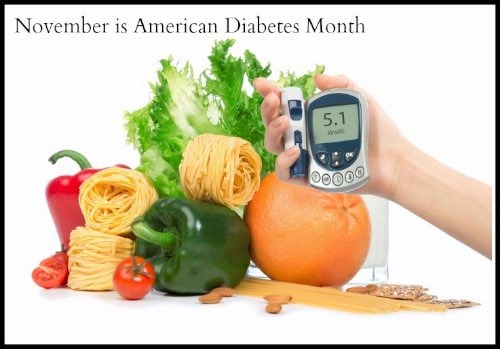
Credit: Pixabay
Better blood glucose levels are linked to mindfulness in a new study by Brown University researchers. Because sustained high blood glucose levels lead to the complications of diabetes and prediabetes, nothing could be more important for us.
The study measured several physical and psychological health indicators in 399 volunteers who participate in the New England Family Study. Eric B. Loucks, PhD, and five colleagues published the study, “Associations of Mindfulness with Glucose Regulation and Diabetes,” in the March 2016 issue of the American Journal of Health Behavior. Dr. Loucks is assistant professor of epidemiology at Brown University’s School of Public Health.
Only the abstract of the study is free online, but on my request a representative of Brown University provided me with a copy of the manuscript that Dr. Loucks had written for publication. This let me learn all the details of the study and provided an analysis of how the findings relate to those of us who have to live with diabetes or prediabetes.



